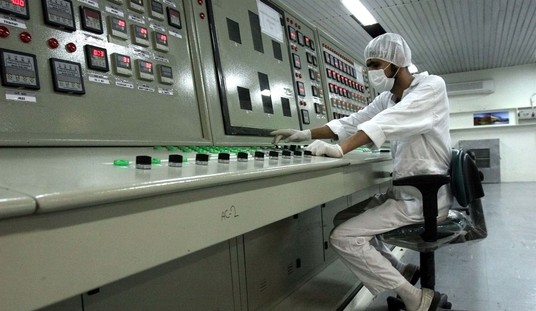Here’s Claire Berlinski — who, living in Istanbul, probably spends some serious time worrying about this issue:
In January 2010, an earthquake struck Haiti and destroyed nearly 100,000 buildings. Hospitals, schools, government buildings, jails, hotels, churches, whole neighborhoods—all crumbled, entombing everyone inside. After the quake, I received an e-mail from a scholar of international relations. “It’s odd that earthquakes tend to occur frequently in countries that can least afford them,” she wrote.
You could only write such a sentence if you had never given the matter much thought. It isn’t odd; in fact, it isn’t true. Mother Nature doesn’t have it in for the poor. Rather, earthquakes come to our attention only when they are disasters, and they are disasters only when they strike dense urban areas full of badly made buildings. Last year, there were a number of earthquakes larger than the one that leveled Port-au-Prince, but they didn’t make the news because they happened in the middle of nowhere. California’s Loma Prieta quake, the “World Series earthquake” of 1989, was as big as the one in Port-au-Prince. It killed so few people by comparison—only 63—because San Francisco’s buildings and infrastructure were well designed and strong.
So, if Haiti had the same strict earthquake codes as San Francisco, far fewer people would have died last year? Well, no — and that’s not what Claire is implying, either.
Before you can have nice safety codes, you must first produce the wealth that makes creating them, enforcing them, and adhering to them possible. The best defense against natural disaster is: Wealth. And generally speaking, the more wealth, the better.
That’s one of the things I really worry about with our long-term growth problem, as Sarbanes-Oxley, Dodd-Frank, ObamaCare, the EPA and the NLRB continue to crush the life out of American wealth creation. First the satellites stop getting replaced, and we lose our hurricane and tornado warnings. Then the seismologists have to find other work. And the building inspectors would rather take a little on the side, than to make sure everything is up to snuff.
Once you’ve developed enough of a culture of danger and corruption and poverty, it’s very difficult to turn back. But that’s the road we’re on right now — and you’d think the Haiti earthquake last year would have been all the warning we’d need.









Join the conversation as a VIP Member